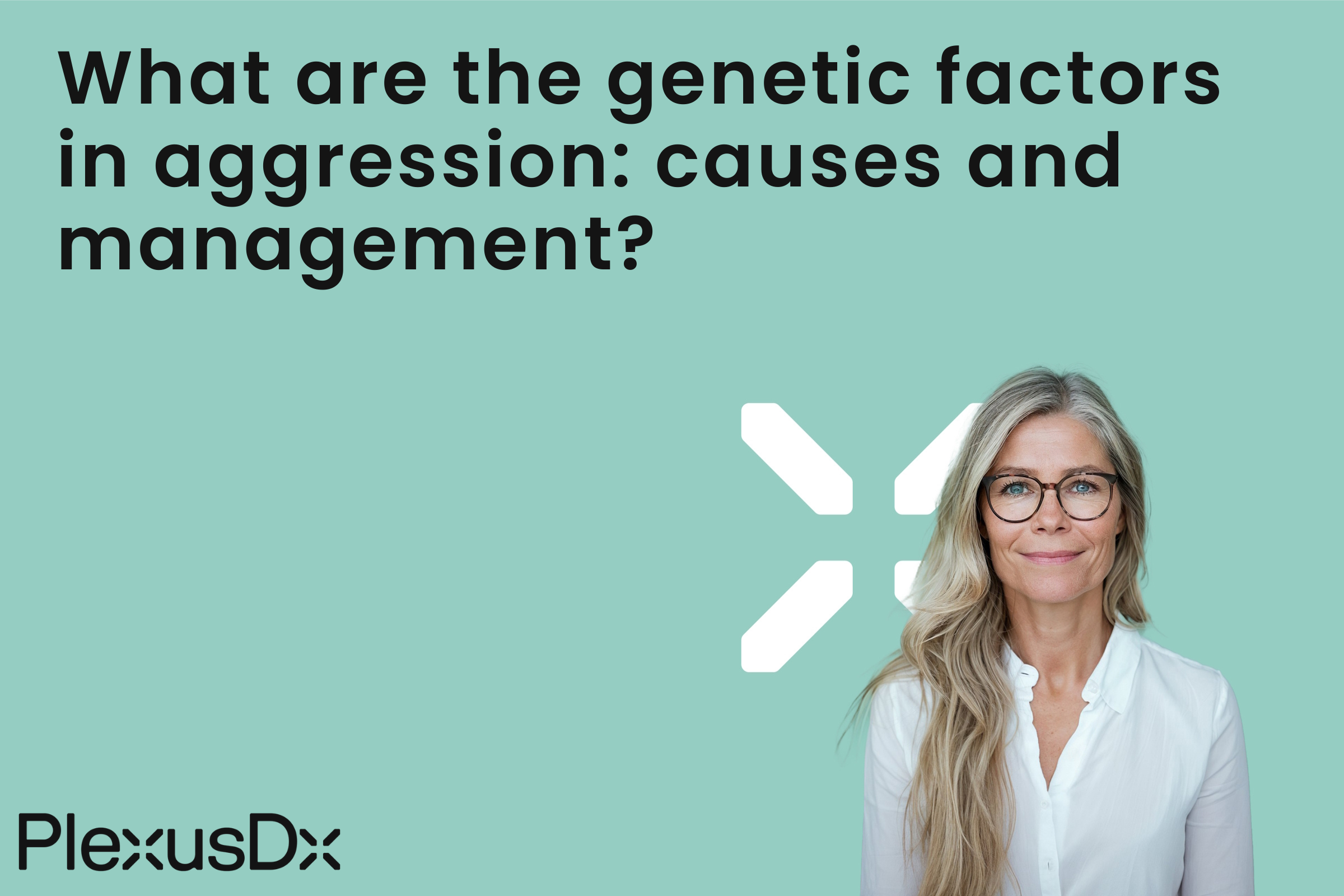Aggression
Have you ever thought about the reasons why certain individuals show stronger tendencies toward aggressive behavior than others? The genetic composition of individuals could provide insights into the reasons behind their aggressive behavior. This blog post examines the origins of aggression by analyzing how genetic factors combine with stress and environmental influences to create aggressive behavior that results in both social and health problems. The instinctual drive known as aggression prompts both humans and animals to demonstrate violent and angry behavior because it serves a vital role in natural habitats. As a survival technique animals perform aggressive behaviors to deter threats and obtain food. The emergence of instinctual aggressive behavior in humans presents major difficulties. People who display aggressive behavior tend to act on impulse while experiencing strong links between their aggression and anxiety symptoms. The brain's primary regulation center for impulsiveness and anxiety functions through the amygdala. Anger-related problems affect multiple aspects of life by causing work and educational disruptions and leading to mental health issues substance abuse and relationship difficulties. While some athletes believe anger enhances their competitive performance it actually weakens their mental abilities. Athletes who learn relaxation techniques gain improved temper control. Genetic factors explain fifty percent of the differences seen in aggressive behavior among individuals. The genetic processes governing aggressive behavior influence how reward signals and fight-or-flight responses work to show the deep link between genetic expression and behavioral patterns. Current scientific data does not adequately validate the genetic aggression model. Scientific research focused on genetic predispositions for aggression must be conducted before we reach final conclusions. People who have difficulty controlling their anger or show fast temper responses receive significant benefits from professional therapy. Aggression control requires stress reduction approaches alongside anger management programs that target fundamental causes while teaching positive behavior modification strategies. The complexity of aggression requires examination through both genetic and environmental aspects together with psychological analysis. Understanding aggression mechanisms alongside genetic factors helps people better control their behavior which leads to enhanced health benefits. PlexusDx Precision Health & Wellness tests enable users to track their cognitive and mental health. Personalized health reports for your genetic profile are available through PlexusDx.com and can also be bought from Amazon and Walmart. Start your journey to improved health and heightened awareness from this day forward.

Share:
What mental health conditions are linked to CRHR1 gene & how can PlexusDx testing help?
Genetic origins and effective management of dysphagia?